Bauchi, Northern Nigeria—a reservoir of history and culture
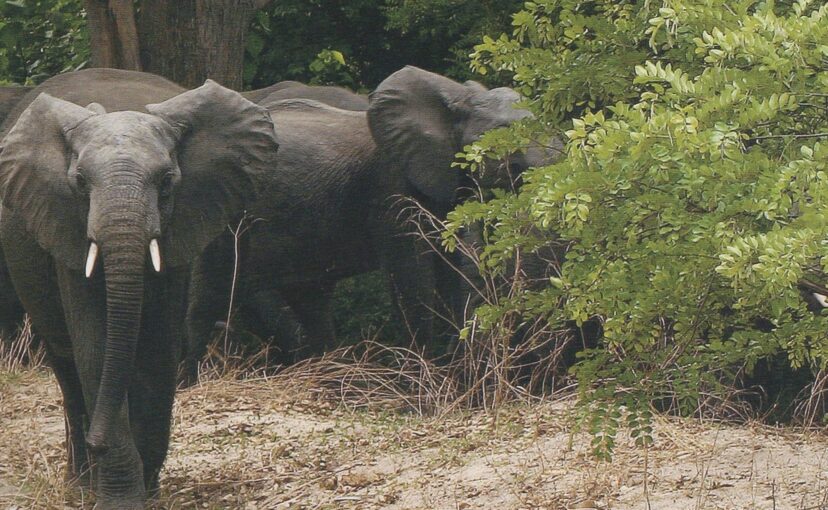
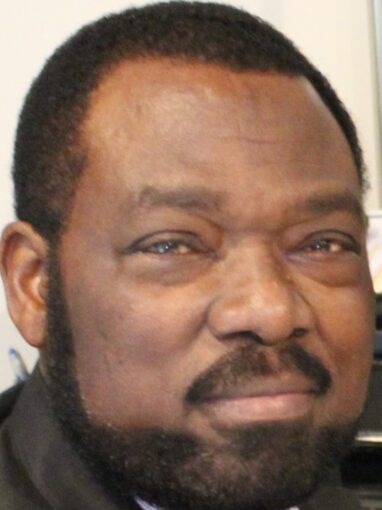
I have not seen much of the world. I have visited only about 40 countries out of the 295 countries that the world comprises as of January 2024. I have spent at least a week in twenty-five of them, thus having a chance to have a close look at the local culture, the flora, and the fauna.
No place that I can claim a relative knowledge of is as beautiful as Africa. Not the crowded cities of Africa where the youth, who are the direct victims of some African dictators’ greed and failure, have their minds poisoned by the idea of embarking on dangerous voyages to Europe in search of a better life that does not exist on those shores. I am talking about Africa of the rural areas where people breathe cleaner air and, surprisingly, live happy with a bare minimum of material resources.
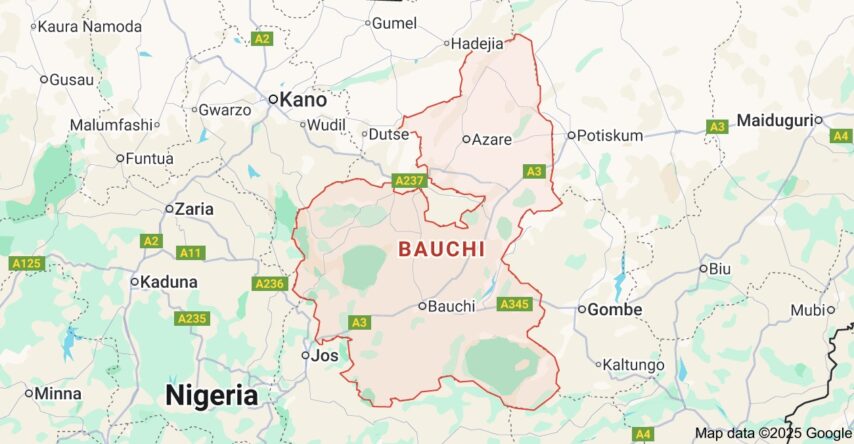
Out of the two dozen African countries that I have visited several times during The African Magazine’s advertising campaigns, no place beats the rural city of Bauchi, in the state of the same name, 245 miles from Abuja, the federal capital of Nigeria. Bauchi State, rightfully named the Pearl of Tourism, houses the largest game reserve in Sub-Saharan Africa, Yankari Game Reserve, which boasts a rich variety and a large number of wild animals (described in the following advertisement the state has placed in the magazine).
Sharing a space with wildlife
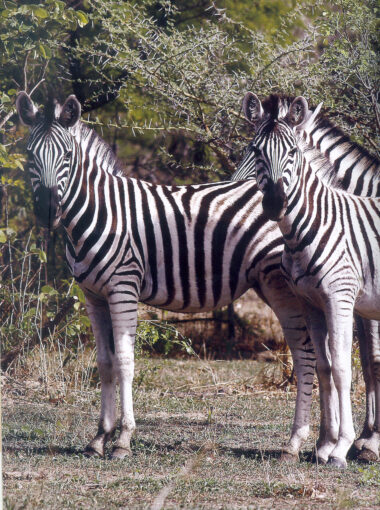
My team and I were privileged during an extensive reporting trip to Bauchi State to be hosted at the guest quarters of the Yankari Game Reserve by the governor of the state, Alhaji Ahmadu Adamu Mu’azu, for several days. During the guided game-viewing in the comfort of a high, open vehicle, we saw some of the more than 50 species of mammal, including Anubis baboon, Patas monkey, Tantalus monkey, warthog, hippopotamus, lion, leopard, spotted hyena, striped hyena, elephant, buffalo, Roan antelope, and waterbuck.
At night, we could hear from the comfortable (and luxurious) VIP guest quarters of the visitor camp, lions roaring quite far away yet sounding very close. During the day, we could see some of the 350 species of birds recorded in the park fly over our heads, not to mention dears and monkeys roaming around like house pets. It was surreal to be immersed in mother nature, with wildlife so close.
A place filled with History
Bauchi town houses several monuments of local and national significance, including the Emir Palace and the main mosque that one reaches after going through the colorful Wunti Gate—one of the gates to the city—and the tomb of the late Alhaji Sir Abubakar Tafawa Balewa, a native of Bauchi and Nigeria’s first prime minister. Alhaji Sir Abubakar Tafawa Balewa was brutally assassinated in 1966 at the beginning of the cycle of violence that held hostage for decades Nigeria’s enormous potential for socioeconomic development. Sir Tafawa Balewa’s body was dumped miles away from his residence by his assassins and was not found for several days.
As prime minister at independence on October 1, 1960, Sir Abubakar, a sophisticated, well-read statesman, was the Nigerian citizen privileged to accept from Her Royal Highness, the Queen of England, the Constitutional Instruments which were the symbols of Nigeria’s independence.
The Tomb, as the monument is routinely referred to, is an intentionally gloomy-looking building. The entrance is dark to symbolize Nigeria’s dark times of violent ethnic clashes, then followed by a lighted area that symbolizes the return of peace. At the Tafawa Balewa Tomb there are several personal belongings of the late prime minister: His radio, TV, books, etc. Recordings of his speeches can be heard—when the equipment works.
African culture at its purest
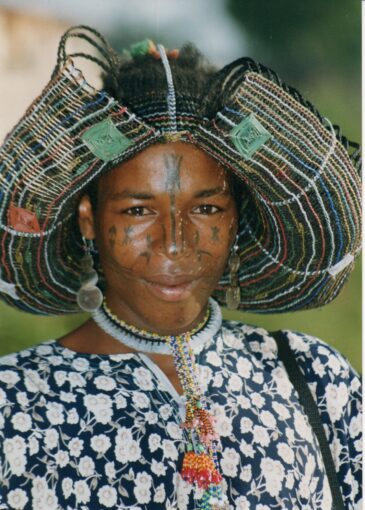
During our stroll across town, we discovered in one of the marketplaces a group of colorful people that didn’t look a lot like the rest of the population we had met until then: The Bororo, a cattle-rearing mobile tribe of Fulani stock who live in the outskirts of virtually all the major towns and cities of the Hausa-dominated northern Nigeria. They are a culturally rich people. Their young men are almost all tall, slim and handsome. Bororo girls are very beautiful, shy and cheerful. Bororo boys plait their hair and carry sticks slung on their shoulders. A Bororo young man never allows a distance from his stick as he uses it to drive his cattle and to defend himself in the towns or the bushes as the case may be.
Young Bororo men and women are not given to glittering attire. However, on market days (once a week), the girls dress attractively and put on as much make-up and ornaments as their social circumstances can allow. The attention of prospective suitors is thereby attracted. The young men also dress well, but the attraction of girls to boys is more in character than in the façade of dresses.
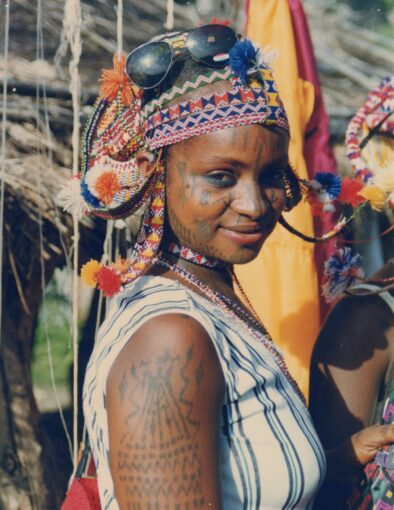
The strength of character of potential husbands is tested during an annual festival called “sharo.” During the festival, Bororo young men whose families live on the outskirts of a town or city, play host to visiting peers who whip them [hosts] on their stripped chests with tree branches. The hosts, in turn, after a week of being beaten, whip the visitors. Any Bororo young man who defaults from this Spartan tradition loses the social right to get married, as he is adjudged a coward and, therefore, lacking the endurance to fend for a wife through thick and thin.
Leaving our hearts behind
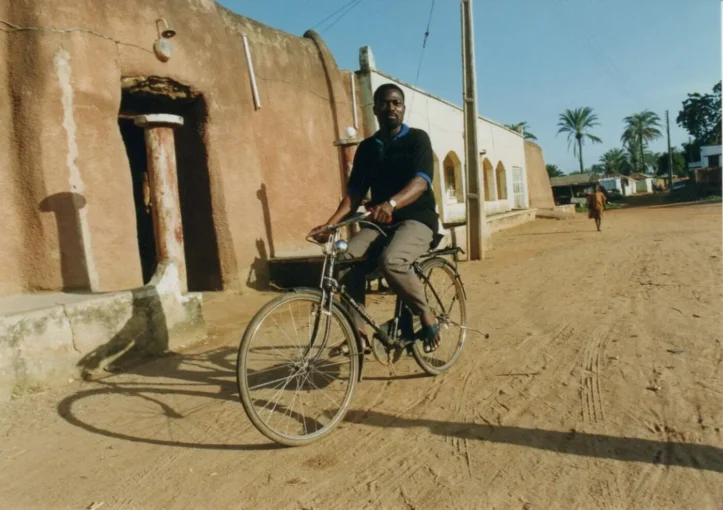
Each time my team and I departed Bauchi, we did so only physically, leaving our hearts behind in a place filled with history, culture, and people whose hearts were as big as the majestic mountains we could see far in the distance from our hotel rooms, with their heights caressing the ever-blue skies of Bauchi. The superb taste of the smooth, unparalleled yam fufu served with a succulent Edi Kai Ikong Soup (a Nigerian vegetable stew) at the hotel by smiling waitresses that became like a new family for us; the ability to walk to anywhere in the day or in the night without fear; and the overall great feeling to be there, all earned Bauchi a warm, special place in our hearts.
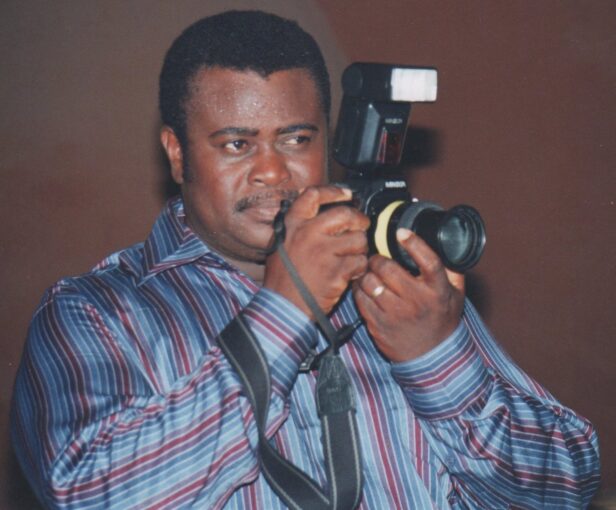
To this day, each time my photographer, brother, friend, and travel companion Arsène and I reminisce about Bauchi and start talking about the pearl of tourism, we can barely control our deep emotions.

